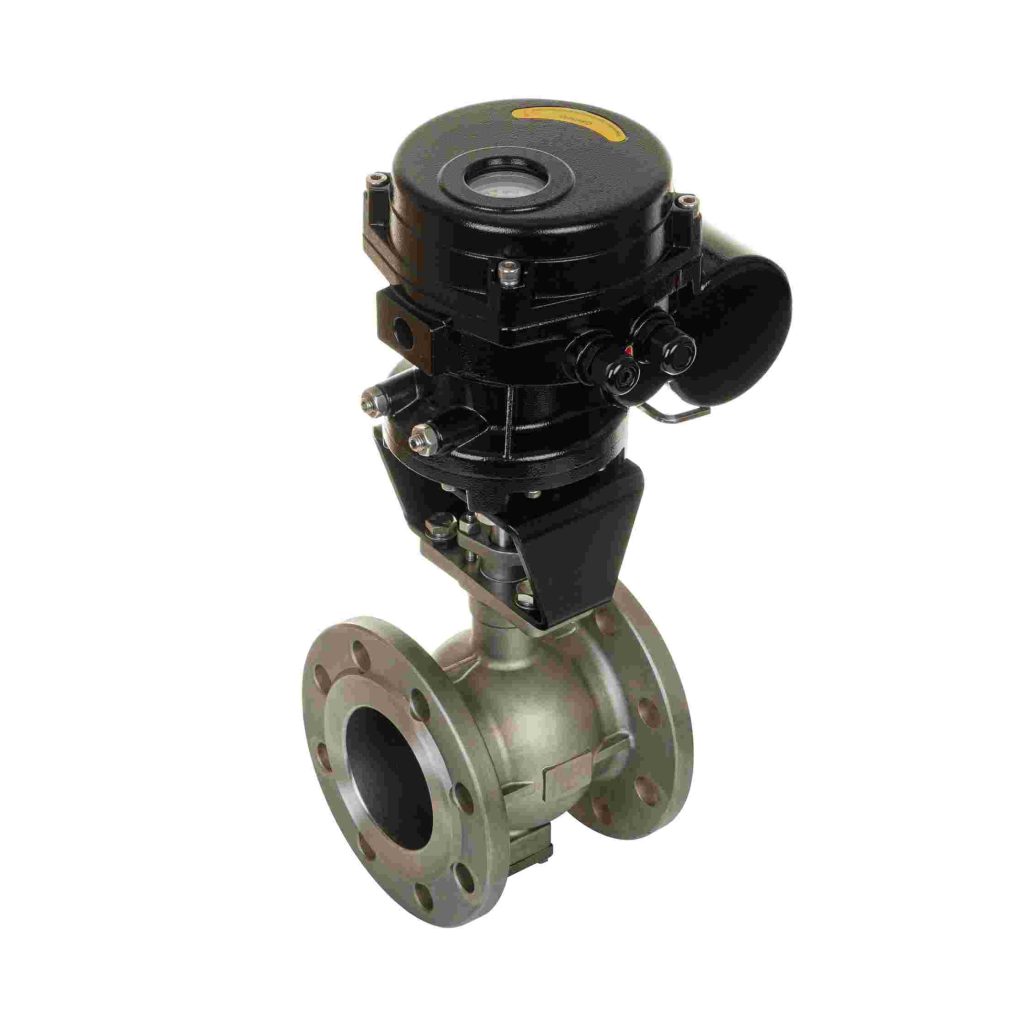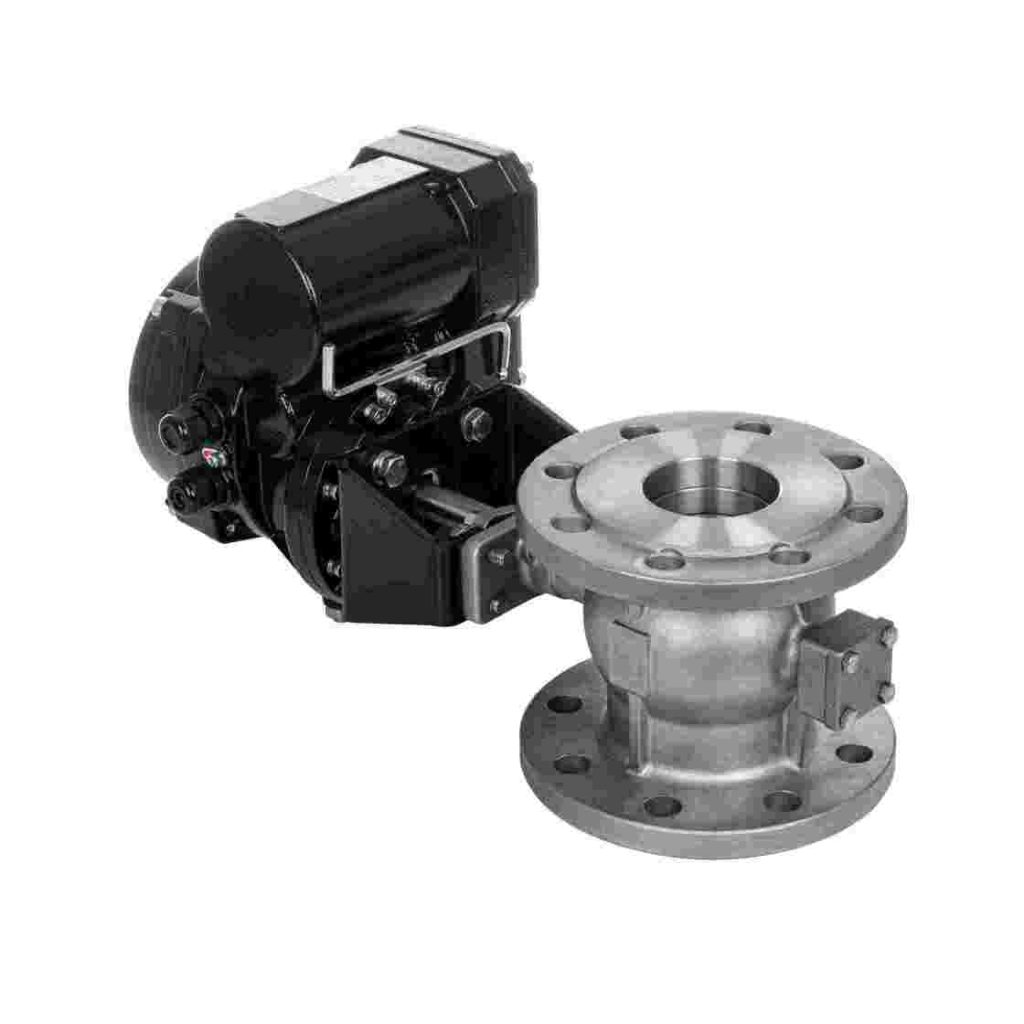As the world pivots towards sustainable energy solutions, hydrogen energy has emerged as a vital player in the quest for a cleaner future. Among the various components essential for harnessing hydrogen energy, electric valves play a pivotal role in ensuring efficient and safe operations. This article delves into the significance, functionality, and potential of hydrogen energy electric valves, highlighting their critical contribution to the hydrogen economy.

Understanding Hydrogen Energy

Hydrogen is the most abundant element in the universe and has the potential to serve as a clean fuel alternative. When burned, hydrogen produces only water vapor, making it an attractive option for reducing greenhouse gas emissions. Hydrogen can be produced through various methods, including electrolysis, steam methane reforming, and biomass gasification. However, the effective use of hydrogen in energy systems necessitates the implementation of advanced control mechanisms, where electric valves come into play. The Importance of Electric Valves Electric valves are essential components in hydrogen energy systems, facilitating the precise control of gas flow and pressure. These valves are operated by electric actuators, which convert electrical energy into mechanical motion to open or close the valve. This automation allows for rapid and accurate adjustments, which are crucial in maintaining the integrity and safety of hydrogen systems.
